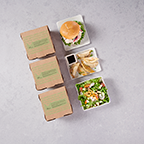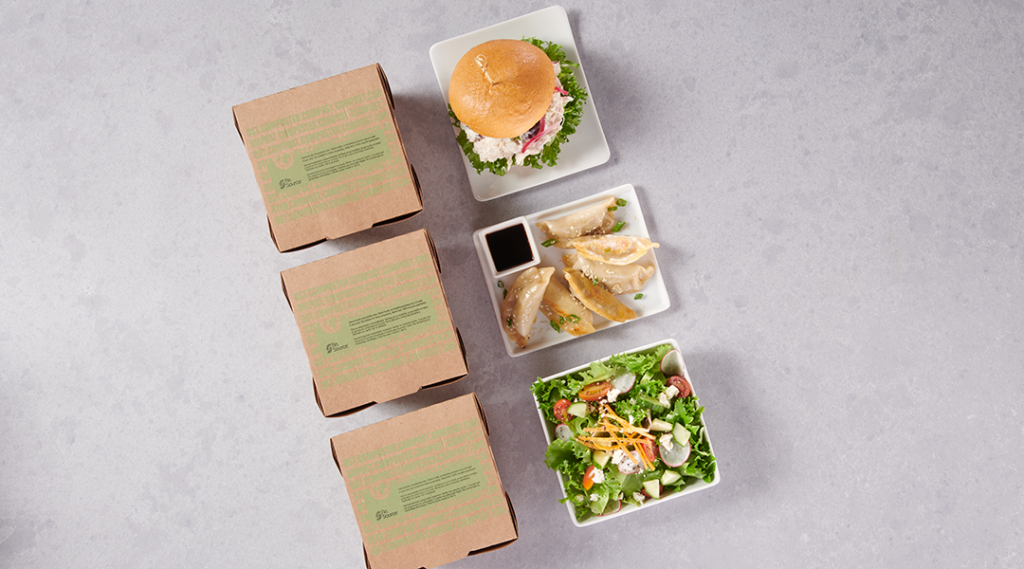Foodservice is a constantly changing business. To protect your business, you not only have to stay on top of ever-shifting consumer demand, you must monitor numerous legal issues.
Type of business entity
Many companies are structured as sole proprietorships, but operating as a legal entity offers business owners better personal liability protection. This is especially true in commercial foodservice, where you’re feeding people and interacting with guests and employees. Typically, a corporation is the way to go.
If you operate multiple locations or separate foodservice businesses, you’d be well advised to set up a separate corporation for each operation; this way only one entity’s assets are at risk in the event of a lawsuit. Corporate law requires a board of directors, shareholder meetings, and annual filings with which a lawyer can help. Most of these formalities are easily managed and take very little time.
A general partnership is not advisable since it leaves you and each of your partners with personal liability and puts partnership assets at risk. Business-formation law varies from province to province, so consult a lawyer before determining which type of entity is right for you.
Make sure your intellectual-property rights are protected
Nearly every operation creates intellectual property—assets that can be very valuable in this highly competitive industry. Here’s how to guard your operation’s intellectual-property rights.
Trademarks. Obtain trademark protection for any distinctive marks, emblems, symbols or taglines. The protected mark must distinguish your business from others and must be distinctive, not something generic such as “great food.” The federal government grants exclusive rights to use a trademark for 15 years with additional 15-year renewals. To obtain trademark rights, file an application with the Canadian Intellectual Property Office.
Once granted, trademarks may not be modified or abbreviated. You must consistently use the mark in same font, style, and colour. Marks also should be capitalized, underlined, italicized, placed in quotation marks or superscript, subscript, or bold style to distinguish them from other text. Your mark should be affixed to specific products or used in connection with provision of a particular service. They also can be used on a website, catalogue, promotional materials and other advertisements.
Copyrights. A copyright grants authors the exclusive privilege to produce, create, or display a work. Recipe books, sometimes certain recipes themselves, as well as food-preparation methods can be copyrighted. Obtain copyrights by filing applications with the Canadian Intellectual Property Office.
Patents. These can cover a range of areas, including new ingredients, food products, preparation processes and food packaging. Patents are granted by the Canadian Intellectual Property Office. Applying for a patent is a complex process. Apply through a patent lawyer.
It pays to understand local regulations
Obtain all appropriate permits and licenses for your operation. The permitting and licencing process varies from province to province, and city to city. Local government offices can be a great resource for determining what you’ll need. You’ll also likely need additional licencing for serving or distributing alcohol.
Your operation also may be subject to food and safety health inspections, which could include food, refrigeration, and cooking equipment. Depending on the complexity of your local food-handling and catering-related ordinances, you may want to consider hiring a consultant to assist you. Pay close attention to the safety of your employees and equip them with appropriate eye, face and hand protection. Also provide proper job training for their responsibilities. From a legal standpoint, this helps protect your operation.
Don’t cross the line on labour and employment laws
Properly screen all job applicants. Look for candidates with some track record in the foodservice industry. Check references and ask interview questions that are useful and apply to your business. Do not ask any illegal questions (e.g., about race, sexual preference, national origin or religion) and don’t discriminate based on any similar ground. Be clear about the difference between independent contractors and true employees. These terms are often used interchangeably, but for purposes of labour and employment laws, they’re not the same. Reference books and employment lawyers can help you understand these laws.
The bottom line? Facing the legal side of foodservice doesn’t have to be daunting—and understanding it can keep your business safe.

























